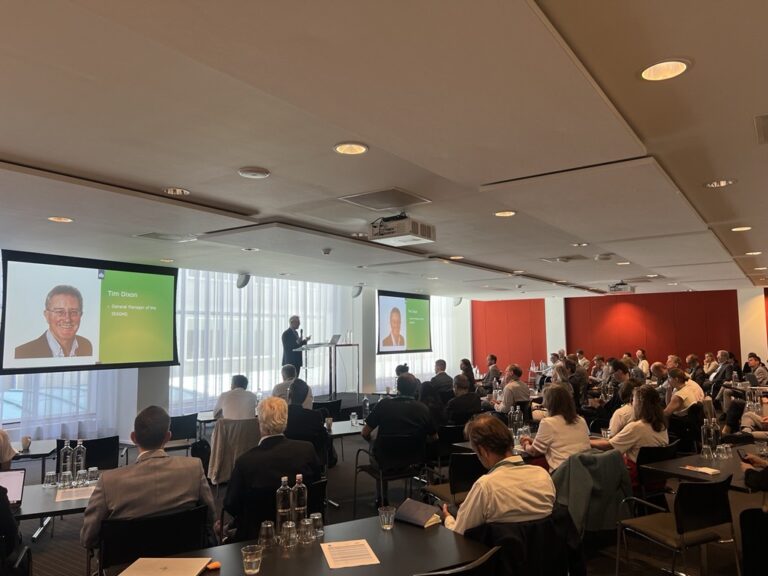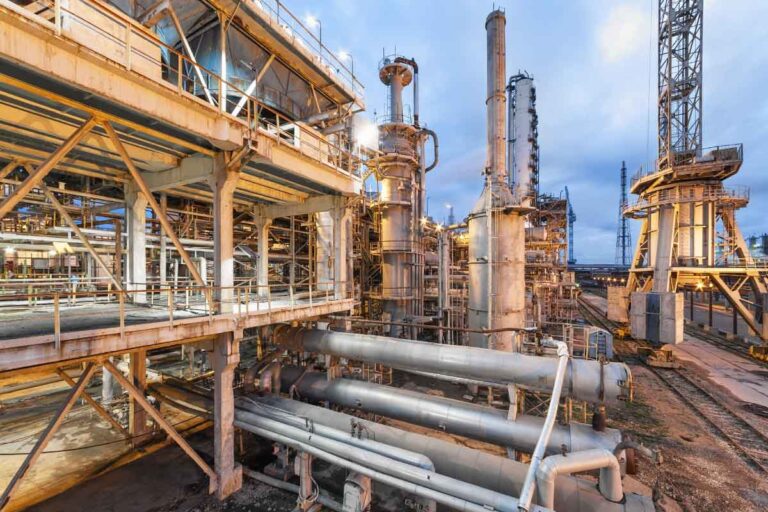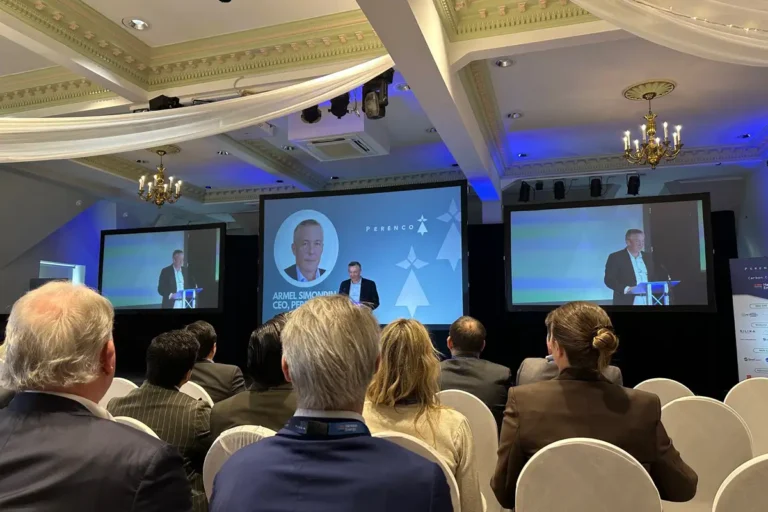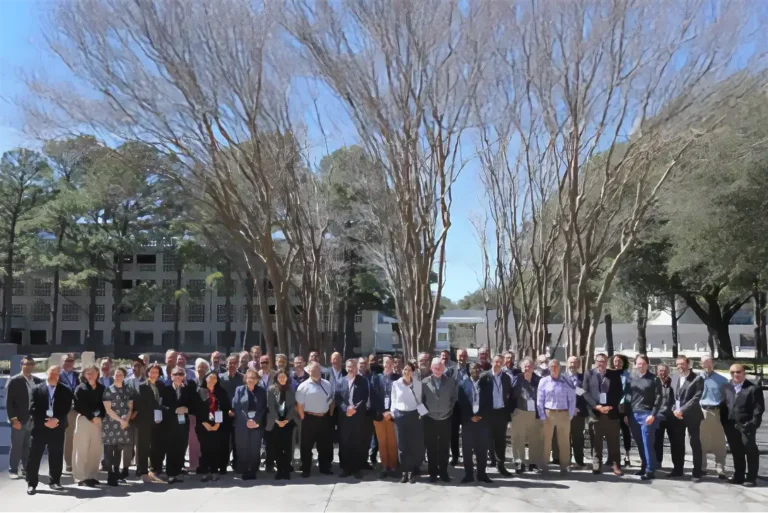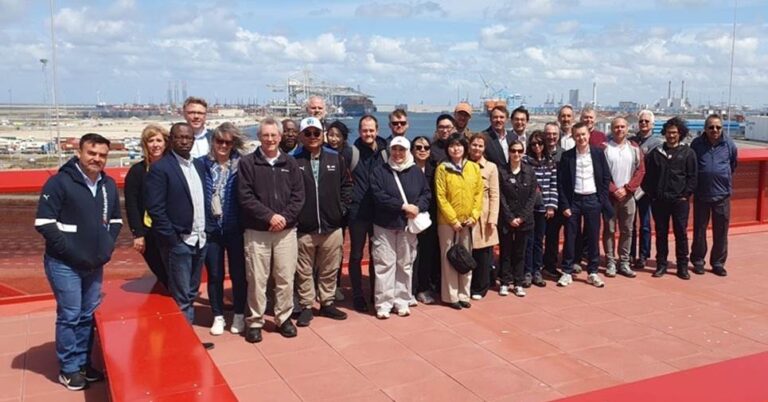
New IEAGHG Technical Report: 2020-01 ‘Monitoring and modelling of CO₂ storage: The potential for improving the cost-benefit ratio of reducing risk’
18 February 2020
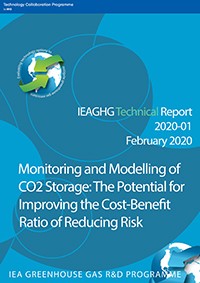
This report was prepared by Battelle and managed on behalf of IEAGHG by Samantha Neades. The intention of this work was to develop an understanding of where future research efforts in CO2 storage technologies should be focused on in the next decade, informing the potential directions for future research in order to fully maximise the potential benefits of storage technologies to commercial-scale CCS projects.
The study selects the most effective monitoring techniques in terms of cost-benefit and technical effectiveness, evaluates the impact of the technologies and recommends priorities for the future. End users intended for the report include operators of CCS projects, technology vendors, regulators, financial supporters, technical consultants, oil and gas operators, and the research community.
The following key messages came from the study:
- Monitoring technologies in CO2 storage provide options to address site-specific risks which may affect project performance, storage security, human health, the environment and surface features.
- Monitoring provides accountability for injected CO2, ensures regulatory requirements are met, provides detection of leakages and assesses CO2 migration; key criteria in a risk assessment plan.
- There are opportunities to reduce costs in monitoring, and projects may benefit from doing such analyses when planning their monitoring programmes
- There is a confidence in the range of monitoring technologies available for large-scale CO2 storage (on the scale of ~1 Mt CO2 per year).
- There is a large range in monitoring costs, therefore it can be hard to interpret the cost-benefit ratio.
- Commercial scale projects storing on the order of 1 Mt CO2/year usually incur costs on monitoring alone of around US $1-4 million (per year).
- Economies of scale do exist; so the higher the volume of CO2 to be stored, the costs per tonne do decrease.
- Monitoring costs in construction, well drilling, characterisation, administrative and technical support are fairly consistent. Monitoring costs are generally a small fraction of the whole project (less than 5% of the total costs which is significant in comparison to capital and operating costs of capture facilities), and many monitoring methods are reasonably priced.
- Pilot projects focussed on research had high costs to validate a range of technologies.
- Earlier pilot projects (i.e. those that became operational in the 1990’s and early 2000’s) were not subject to the same regulations as new projects, meaning simpler monitoring programmes were undertaken and therefore costs were lower.
- Analogues for CO2 storage (such as natural CO2 fields, offshore oil and gas operations and natural gas storage) provide monitoring examples for the evaluation of long-term monitoring.
- There is an overall confidence in the range of technologies for monitoring CO2 storage and current operational projects have made their monitoring programmes more efficient, focussing on the most useful methods to address specific project risks and better control costs.
- The path forward for implementing the safe storage of carbon dioxide seems stable.
Other articles you might be interested in
Get the latest CCS news and insights
Get essential news and updates from the CCS sector and the IEAGHG by email.
Can’t find what you are looking for?
Whatever you would like to know, our dedicated team of experts is here to help you. Just drop us an email and we will get back to you as soon as we can.
Contact Us NowOther articles you might be interested in
Get the latest CCS news and insights
Get essential news and updates from the CCS sector and the IEAGHG by email.
Can't find what you are looking for?
Whatever you would like to know, our dedicated team of experts is here to help you. Just drop us an email and we will get back to you as soon as we can.
Contact Us Now


